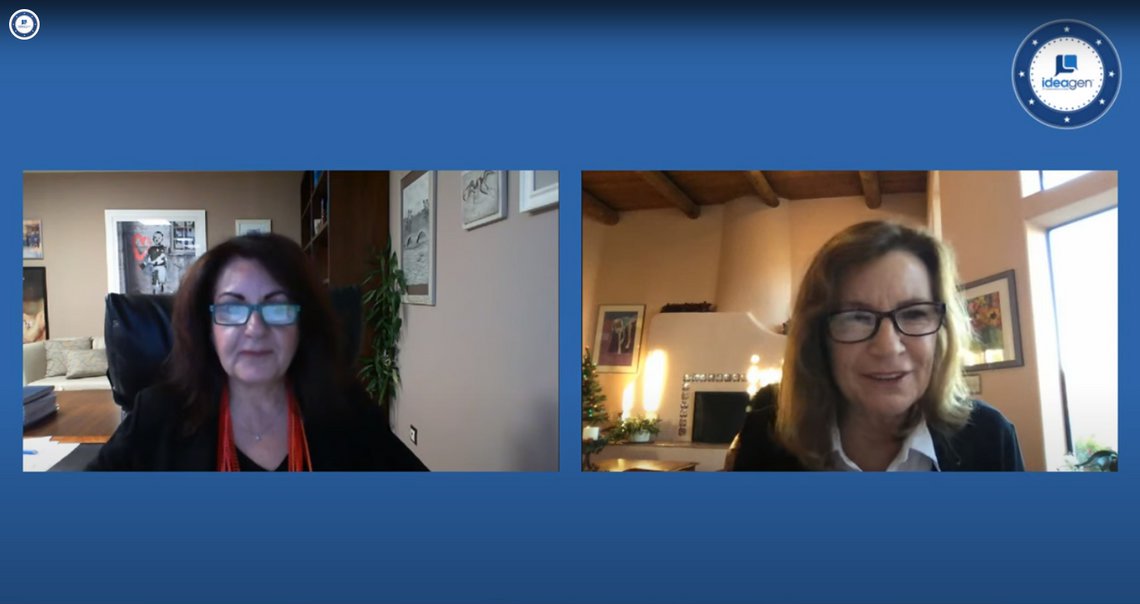Global Leadership Summit Day 1 - Discussion with Dr. Tracy Benson
Problems such as inequity, injustice, and poverty are systemic problems that have been around for centuries. If we want to bring about change, we need to understand how to change a system. In this discussion, Dr. Peggy Pelonis and the President of the Waters Center for Systems Thinking, Dr. Tracy Benson, discuss ways in which we can achieve our global goals with Systems Thinking.
“We know that in order to achieve the Sustainable Development Goals, all of us need to change the way we live and that requires a shift in mindsets”. Dr. Peggy Pelonis
Dr. Pelonis starts off the conversation by asking Dr. Benson what Systems Thinking is exactly and how the change in mindsets can be developed. Tracy. Benson goes on to explain that Systems Thinking is a term that is used in many different ways. The Waters Center sees Systems Thinking as a way of understanding the world that emphasizes the relationships between the parts, not just the parts in isolation. It’s the connection or relationships between the parts that a Systems Thinker pays attention to. It’s also a language that helps one to ask questions that will help in understanding the system on a deeper level. It is also a set of visual tools that help make your thinking visible by use of mind-mapping and diagrams that helps in helping be on the same page in sharing their understanding of what is happening on a day-to-day basis.
When we address the subject of mindsets we refer to them as mental models. It’s really the way in which individuals look at the world. Most of the Systems Thinking work of the Waters Center is done in the area of education.
“We’ve been able to follow our young students through to adulthood and see the impact that this kind of teaching and learning has had on their careers and in their lives. And that’s what we really want to develop - System Citizens. These thinkers actually seek other perspectives and they actively change their perspectives to increase their understanding”.
And it is this kind of thinking that can successfully address local and global challenges for sure.
Dr. Pelonis and Dr. Benson then go on to discuss the topic in more depth, going over the actual 14 habits of Systems Thinking that have been developed through extensive research and collaboration with some of the most prominent systems thinkers.
Watch the entire discussion where examples are given of Systems Thinking in action.




